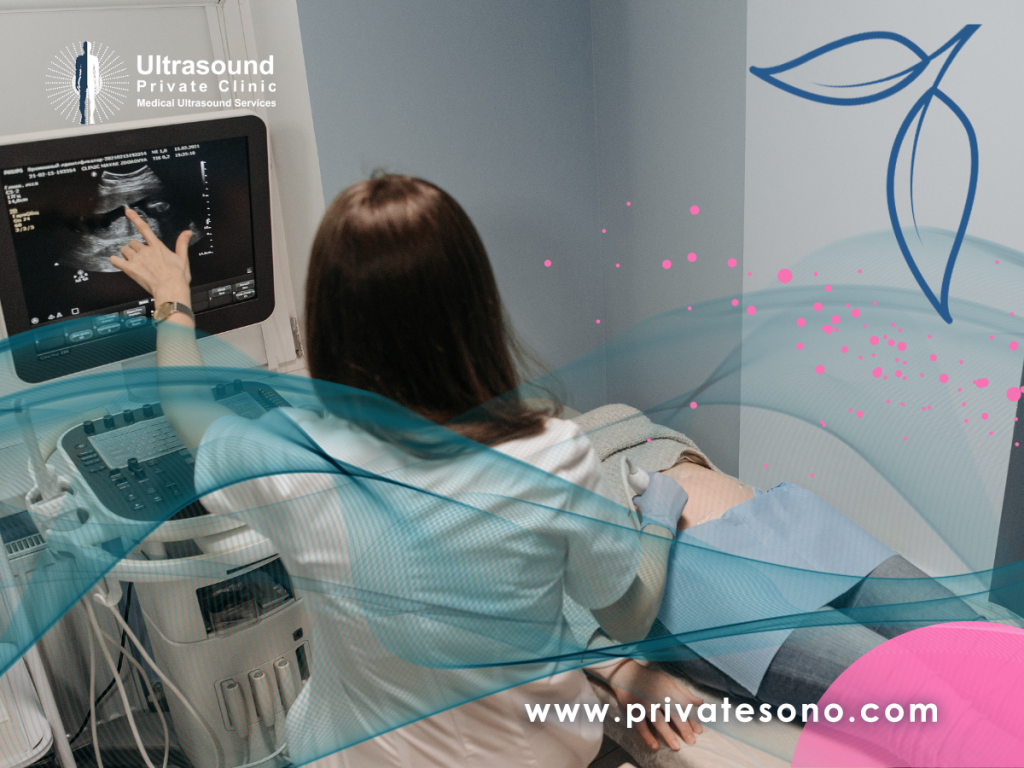Ultrasound imaging is a commonly used diagnostic tool to evaluate the internal structures of the body, including the kidneys, ureters, and bladder. A renal ultrasound, also known as a kidney ultrasound, is a non-invasive procedure that uses high-frequency sound waves to produce detailed images of these organs.
If your child’s doctor has recommended a renal ultrasound, here are some things you should know:
Preparation: There is typically no special preparation required for a renal ultrasound. However, your child may be asked to drink plenty of fluids before the procedure to fill the bladder and improve image quality.
Procedure: During the ultrasound, your child will lie on a table, and a technician will apply a clear gel to their abdomen. The gel helps to transmit the sound waves and allows for clearer images. The technician will then use a wand-like device called a transducer to emit sound waves into your child’s body. The sound waves bounce off the internal organs and are picked up by the transducer, which then converts them into images that are displayed on a monitor.

Visit our service page: Abdominal and Urinary Tract Scan
Duration: A renal ultrasound typically takes about 30 minutes to complete.
Discomfort: Ultrasound imaging is a non-invasive procedure and is generally painless. Your child may experience some discomfort or pressure in the area being examined, but this should be minimal.
Results: After the procedure, a radiologist will interpret the images and send a report to your child’s doctor. Your child’s doctor will then discuss the results with you and recommend appropriate treatment options based on your child’s individual case.

In conclusion, a renal ultrasound is a safe and effective diagnostic tool that can provide valuable information about the health of your child’s kidneys, ureters, and bladder. If your child’s doctor has recommended a renal ultrasound, it is important to follow their instructions and prepare your child for the procedure. This will help ensure that the ultrasound provides the best possible information about your child’s health.
